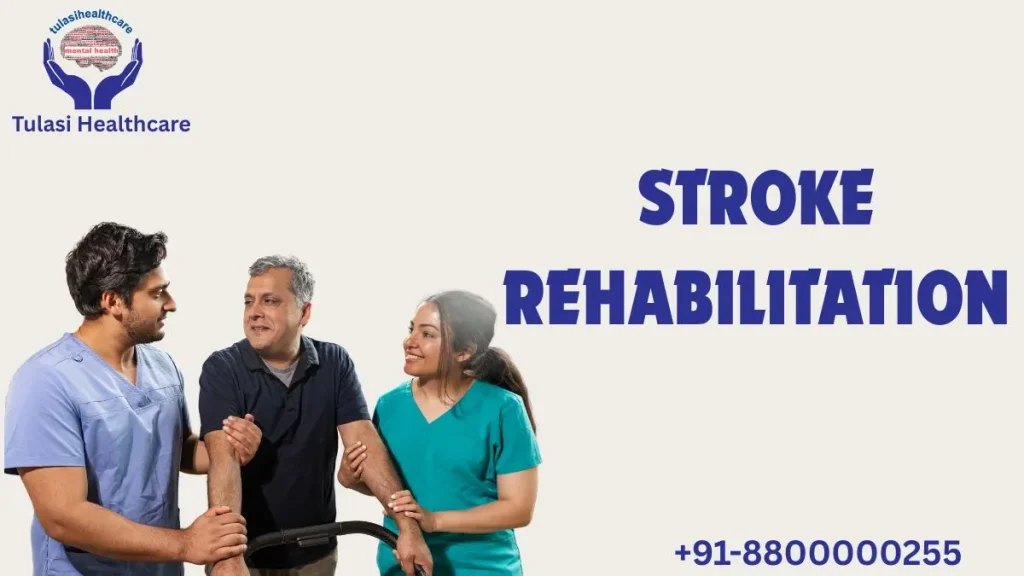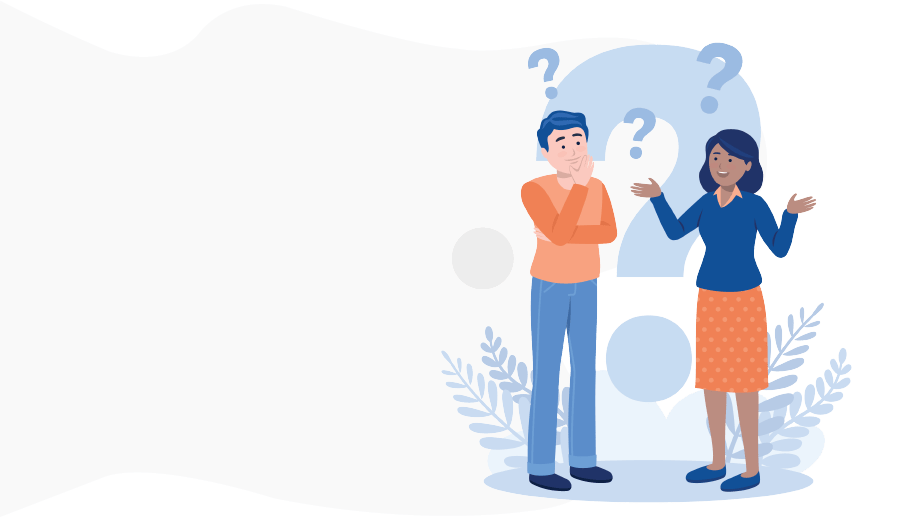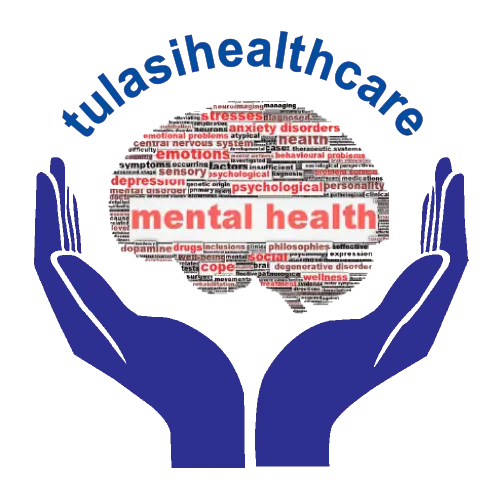Stroke rehabilitation: a new pathway to independence and recovery

A brain stroke can be an event of life and death, so it holds much significance in medical treatment and rehabilitation. But when it occurs, it is not an isolated event. It brings about issues with movement, cognition, learning, memory, and emotional health. Many people struggle to bring functionality back into their life. This is where stroke rehabilitation plays a critical role in defining quality of life for them. Such people need a structured, well equipped, multidisciplinary design that can help them regain control.
Whether you or your loved one are in the process of starting their journey to recovery. It is important to understand that a stroke rehabilitation centre can empower them in many ways. Here with the help of experts, one can design their journey in a specific manner. List their particular goals and work towards it with support and understanding. With the help of these realistic expectations, reaching goals is easier and it benefits both families and the clients.
What is stroke rehabilitation?
Stroke Rehabilitation is a specialised process of recovery focused on helping people regain their life after a brain stroke. A brain stroke essentially stops blood flow to certain parts of the brain that are essential for maintaining full functionality of the body and mind. This can damage a lot of areas responsible for movement, speech, cognition, and emotional regulation. The recovery also depends on the location and severity of the stroke in the brain area. The more complex the stroke, the higher will be the recovery issues and treatment plans.
The recovery is usually set out for the time as soon as the patient improves in condition. It is often set out after 24 to 48 hours post stroke.
This rehab rehabilitation can be accessed in various settings like hospitals, clinics, or dedicated rehabilitation Centre for stroke patients like Tulasi Healthcare. Where our team of specialised experts focus only on post stroke recovery.
Goals of stroke rehabilitation
The primary goal of stroke rehabilitation is to get as much functionality out of the situation as possible. This allows individuals to return to their routines with positivity and dignity. The goals include:
- Regaining physical abilities– Many patients suffer from paralysis and weakness usually on one side of the body. Rehabilitation restores movement with occupational and physiotherapy.
- Improving communication– Strokes are known to be highly damaging to communication areas in the brain. This medals with their ability to speak, listen, read as well as write in many cases.
- Enhancing cognition- Memory loss, confusion, and difficulty to communicate are very common problems in a brain stroke. With mental exercises a therapist helps them with problem solving abilities and improving overall functioning.
- Emotional and psychological support- Mental disturbance is like depression, anxiety and frustration can arise as a result of a physical issue. Counselling and therapy helps clients understand their new reality and walk towards their well-being
Encouraging independence- The ultimate goal is to help people manage their independence with minimal to no assistance and enhancing quality of life.
What activities under stroke rehabilitation?
Brain stroke recovery is really simple. It requires multifaceted efforts to bring about a good result. If you approach a good stroke rehabilitation Centre, you can typically find these following activities that enhance recovery-
- Physiotherapy- It focuses on improving balance, movement and coordination. It usually includes activities like stretching, walking practices, exercise exercises, and motor learning programs.
- Occupational therapy– occupational therapy addresses life skills that are necessary to maintain functionality in real life. Every day activities like cooking, dressing, personal hygiene are included in this therapist usually suggest tools and medication inside the home environment for better learning.
- Speech and language therapy– This therapy helps in problems with speaking, understanding, reading and writing. If the condition is very severe, then therapists help with establishing alternative methods.
- Cognitive rehabilitation– As the affected area is the brain, problem solving skills suffer a major setback. Therapists here apply tasks and games designed to stimulate specific areas of the brain to improve memory and attention.
- Psychological counselling– A rehabilitation centre for stroke patients often provide mental health counselling to individuals and families scoping with emotional impact this event. It addresses issues like depression, anxiety, and motivation problems.
- Nutritional counselling– people with stroke issues suffer from several dietary restrictions because of their condition as well as swallowing difficulties. Here an experienced dietician creates a personalised plan that is accessory in supporting healing.
Caregiver support– family environment in rehabilitation is critical. We offer caregiver education, community integration programmes along with support groups to reduce burnout and isolation.
Benefits of this rehabilitation program
Joining a good rehabilitation programme at a stroke rehab rehabilitation centre has several benefits then we can imagine. Here’s why it is a game changer for recovery-
- Faster and more comprehensive- the chances of recovery increase multifold as earlier as it started. The effect of neuropasticity is rerouted to different parts of the brain, which significantly improves the patient’s condition and ability to live independently.
- Less risk of complications– When proper rehabilitation is not provided at the right time, issues like muscle stiffness, blood clots and infections due to immobility can rise. A stroke rehabilitation program actively works to prevent the issues and improve quality of life.
- Improve motivation and mental status– A rehabilitation Centre for stroke patients offer a great psychological support post stroke. With depression and anxiety over their condition looming in their heads, being surrounded with positivity and support is essential. Our experts at Tulasi Healthcare foster Hope and a sense of purpose in clients and their families.
- Better family and social integration– many people withdraw themselves, socially and emotionally from their circles, due to embarrassment and fear. Rehabilitation helps them navigate these crucial points.
Personalised progress tracking– A high-level of personalised care is available at a stroke rehabilitation Centre, which ensures that no time effort is wasted on ineffective plans.
Choosing the right stroke rehabilitation Centre
A brain stroke is a life-threatening condition which can alter the course of life for anyone. But this does not mean it has to cost them their life and independence in any manner. If you are a loved one on this journey, connecting with Tulasi Healthcare today can be the answer to all your issues.

